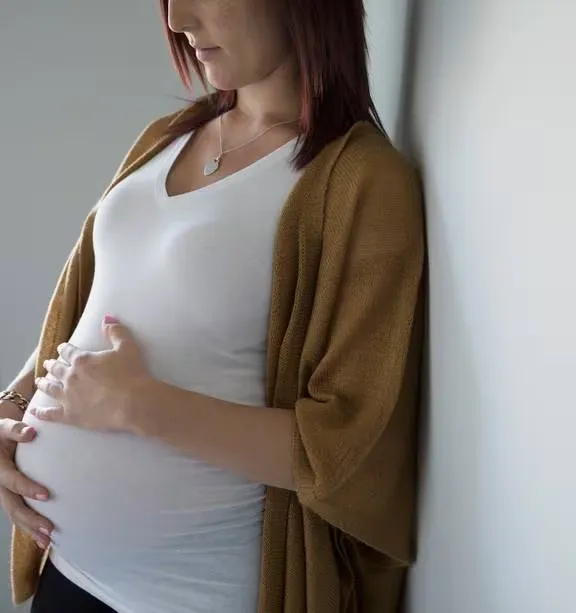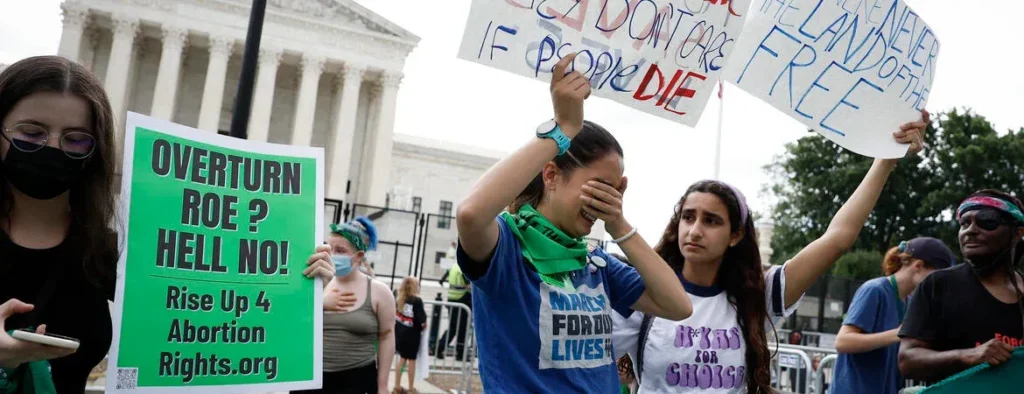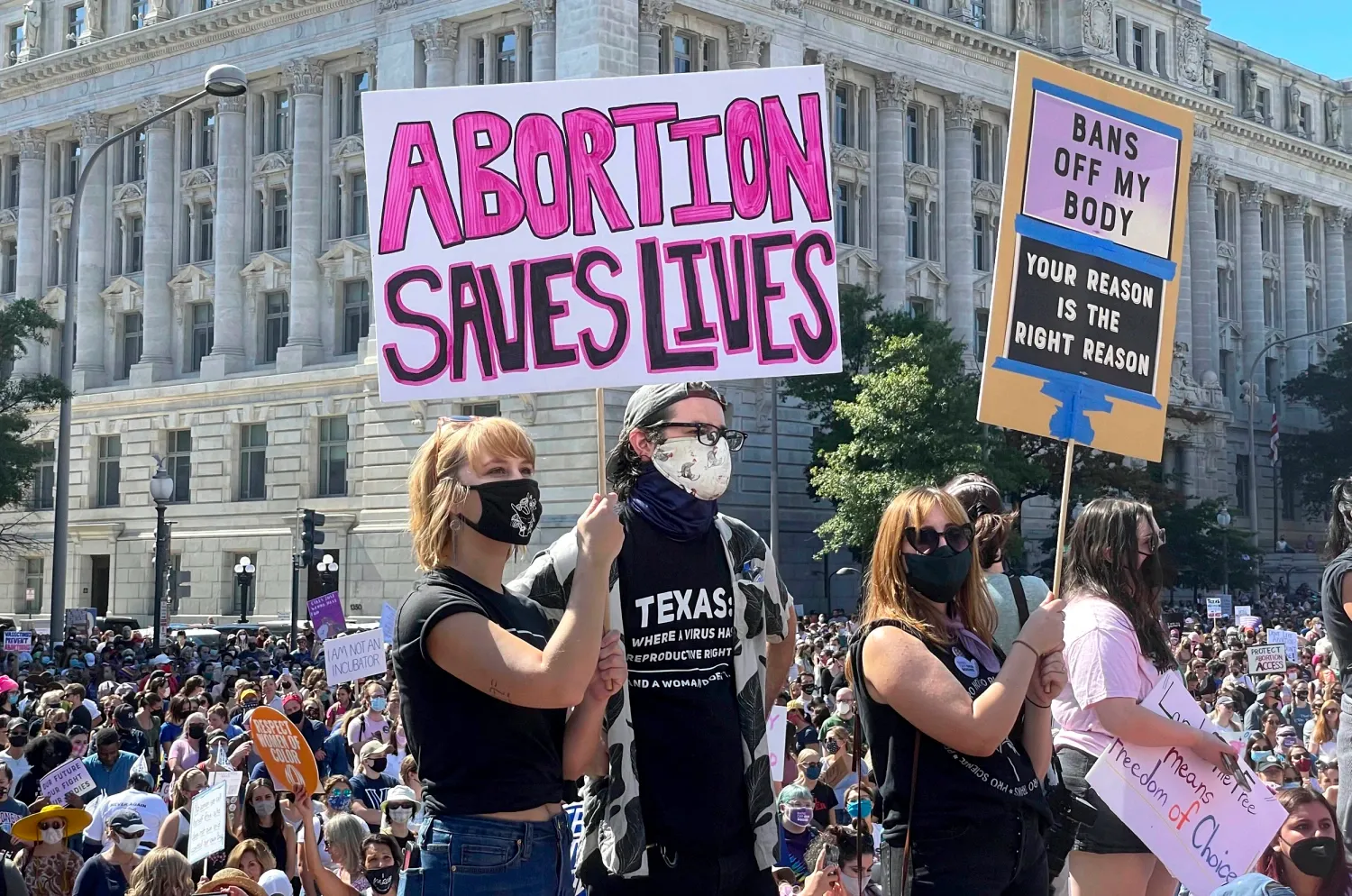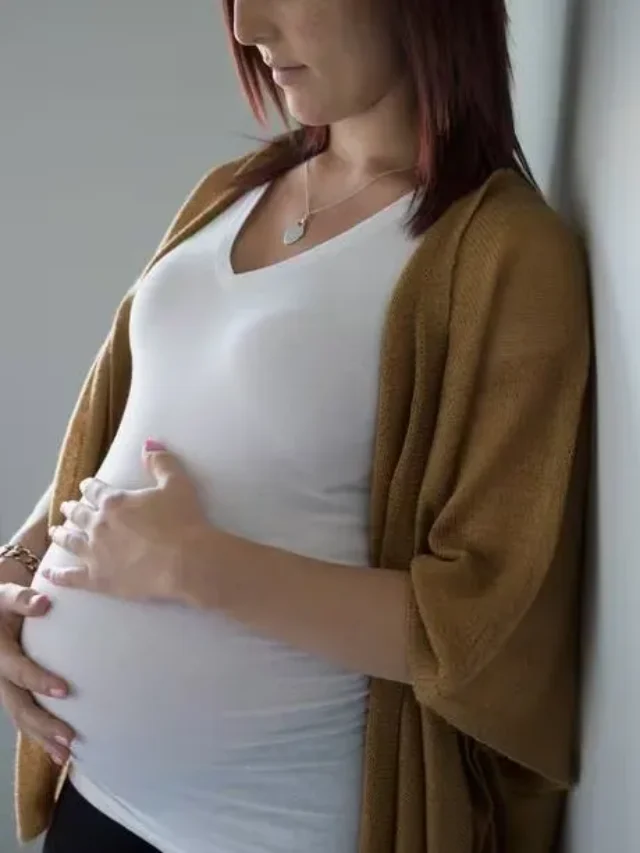According to the Center for Reproductive Rights, the woman from Texas who recently filed a lawsuit seeking an urgent abortion is now departing the state to receive the necessary medical attention. The Center for Reproductive Rights is acting as her legal representative.
The decision made by a judge in Travis County District Court to grant permission for an abortion on Thursday was subsequently halted by the Texas Supreme Court on Friday.
Kate Cox, a 31-year-old woman, initiated legal action against the state due to its stringent abortion regulations. In her lawsuit, she requested a temporary restraining order from the court, which would enable her to undergo the procedure.
The ruling that granted a woman an emergency abortion has been temporarily halted by the Texas Supreme Court.
To overturn Judge Maya Guerra Gamble’s ruling, Texas Attorney General Ken Paxton has approached the Supreme Court. The ruling in question granted Cox’s plea for an abortion due to a pregnancy complicated by a significant fetal abnormality.

According to court documents, the state’s Supreme Court issued a decision on Friday, temporarily suspending the lower court’s ruling. The court stated that it required additional time to review the case thoroughly.
The final decision is still pending from the Texas Supreme Court, an assembly of solely Republican justices.
In a statement on Monday, Nancy Northup, president and CEO of the Center for Reproductive Rights (CRR), expressed the immense suffering that Kate endured during the past week of legal uncertainty. Kate’s health was at stake, leading her to make multiple visits to the emergency room. Unable to bear the wait any longer, she had no choice but to seek the care she desperately needed. Kate’s case serves as a stark reminder of the dangers posed by abortion bans, as well as the ineffectiveness of exceptions. Her fervent desire was to receive treatment in her community and recover in the comforting presence of her loved ones. However, it is crucial to recognize that not everyone has the means to leave their state, and a situation like this could have fatal consequences.
Despite Cox’s decision to seek an abortion outside of Texas, her representatives have requested that the Texas Supreme Court proceed with issuing a ruling.
In a letter addressed to the clerk of the Texas Supreme Court on Monday, Molly Duane, Cox’s attorney from the CRR, expressed the plaintiffs’ determination to move forward with their case despite the potential for the recurring nature of the issues at hand to elude review.

Button for full-screen viewing
In Dallas-Fort Worth, Texas, there is a photograph of Kate Cox standing, but the date of the image is unknown. Kate Cox has generously provided this photo.
In a photograph taken in Dallas-Fort Worth, Texas, Kate Cox is seen standing. The exact date of the photo is unknown, but it was provided as a courtesy by Kate Cox.
According to the CRR, Cox has been presented with opportunities to obtain abortion services in different states, like Colorado, and even in other countries, such as Canada. However, the specific location where she is receiving the abortion care remains undisclosed.
Cox’s initial legal claim stated that her infant was diagnosed with complete trisomy 18, a medical condition associated with a significantly elevated risk of miscarriage or stillbirth, as well as a low probability of survival.
Physicians have informed Cox, who is a mother of two and seeking an induction of labour, that they can proceed with the procedure if the baby’s heart ceases to beat. However, the lawsuit states that Cox has been advised of the potential dangers of induction due to her history of two cesarean deliveries, including the risk of uterine rupture. Marc Hearron, senior counsel at CRR, provided this information.
In the lawsuit, Cox expressed her strong desire to avoid subjecting her body to the dangers associated with carrying the pregnancy further. She adamantly stated her unwillingness to endure the heartbreaking outcomes of the baby’s demise within her womb or the delivery of a stillborn child, or one whose life would be limited to mere hours or days, relying heavily on medical interventions and equipment.
Cox expressed her concerns in the lawsuit, stating that infants with Trisomy 18 who manage to survive birth frequently experience complications such as cardiac or respiratory failure. She firmly expressed her desire to spare her baby from the agony of a heart attack or suffocation upon entering the world. Cox yearns for the opportunity to have another child and is seeking immediate access to medical care that will maximize her chances of a successful pregnancy.

The recent ruling that granted a woman an emergency abortion has been temporarily halted by the Texas Supreme Court.
According to the CRR, Cox’s well-being is in jeopardy, and she faces the possibility of enduring severe health complications if she proceeds with her pregnancy, which could potentially result in fertility issues.
According to an ABC News tally, Texas, along with 15 other states, has implemented numerous abortion restrictions and has effectively halted almost all abortion services since the U.S. Supreme Court’s ruling that overturned Roe v. Wade and eliminated federal safeguards for abortion rights.
In Texas, there are certain exceptions to the bans on abortion that permit the procedure in instances of medical emergencies and fatal fetal diagnoses. However, doctors and patients have asserted in a separate lawsuit filed in March that they have been unable to offer or receive the necessary care due to these laws. The penalties for performing or attempting an abortion in Texas are severe, classified as a second-degree felony that can result in a life sentence in prison and a fine of up to $10,000. Additionally, the law grants private citizens the ability to sue individuals who assist or facilitate an abortion.
The plaintiffs argue that the legislation lacks clarity and fails to clearly outline the exception to prohibitions, specifically those that permit abortions in cases where the mother’s life is at risk or bodily function is in jeopardy. Furthermore, the laws impose severe penalties on medical practitioners, including the possibility of life imprisonment.
In a recent submission to the state’s supreme court, Attorney General Paxton asserted that fertility risks do not meet the criteria for a life-threatening condition that would warrant an abortion according to Texas legislation. The argument put forth by his office also maintains that a fatal fetal abnormality would not be considered eligible.
#TexasAbortionBan #AbortionFight #DesperateChoices #MedicalEmergency #FertilityRisks #FatalFetalAnomaly #TexasSupremeCourt #KateCox #RRLegal











